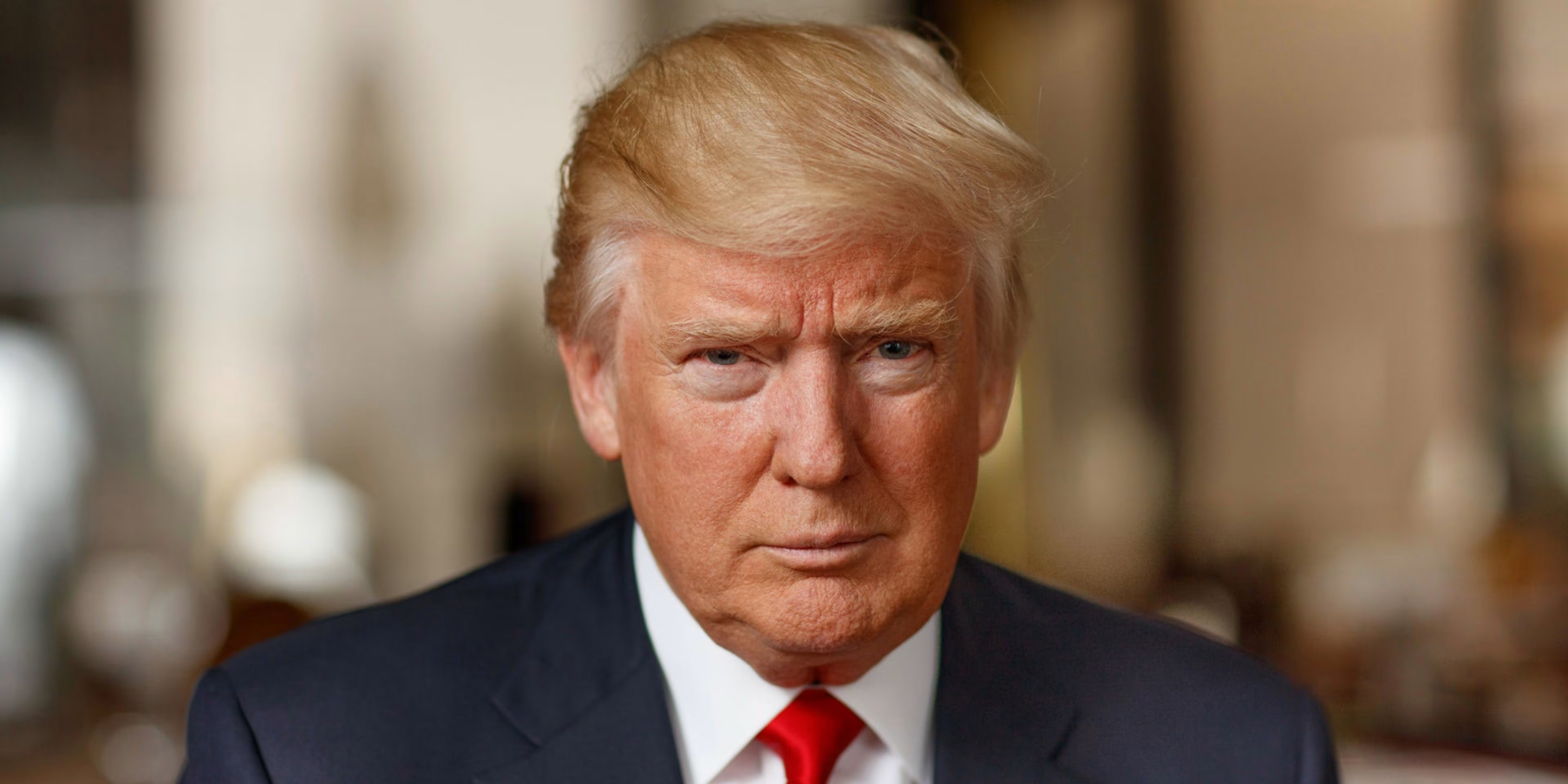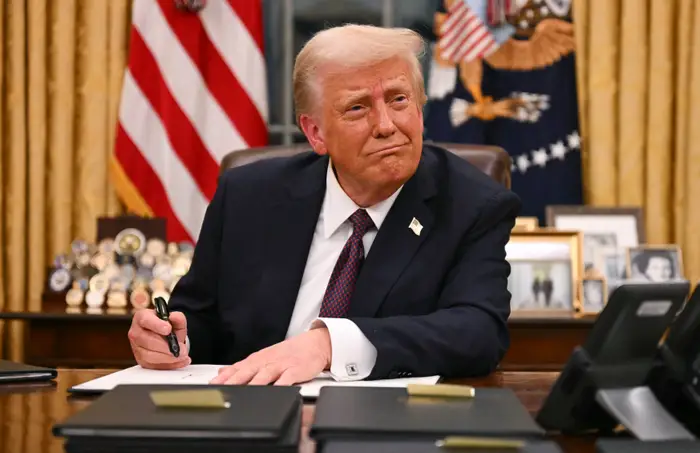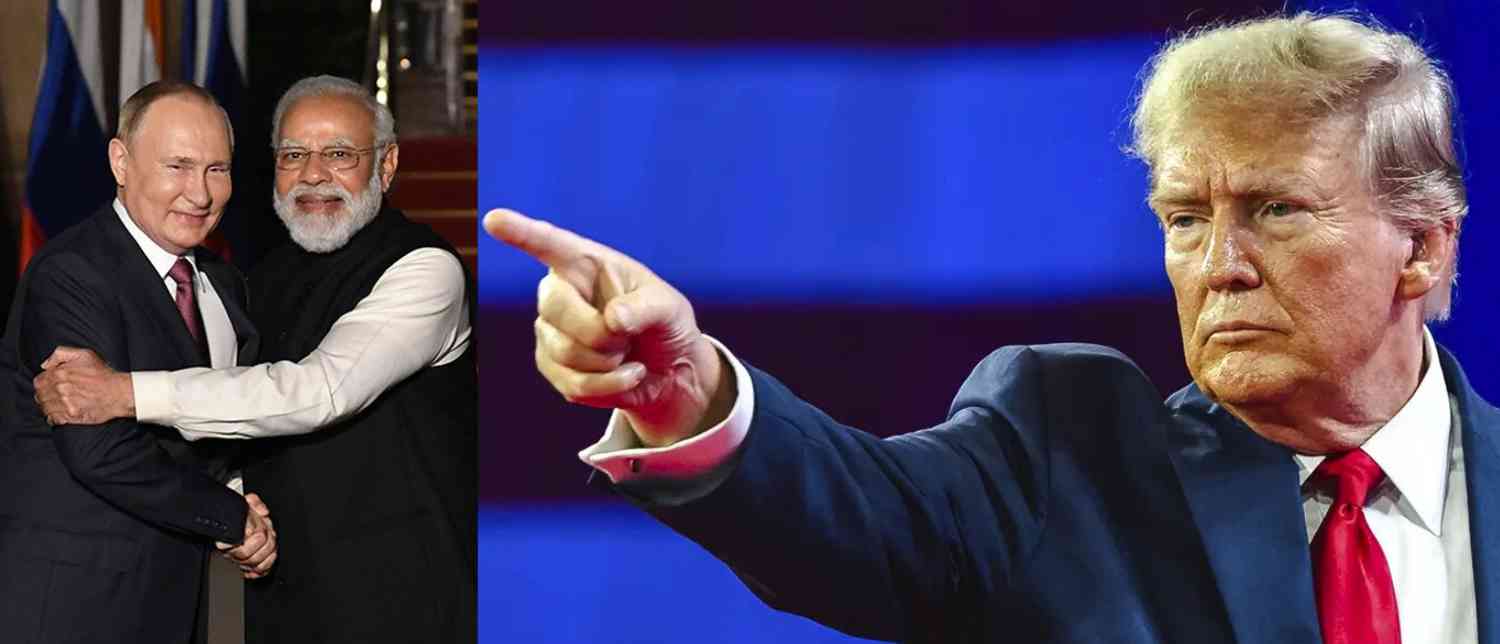A top aide to former U.S. President Donald Trump has accused India of indirectly financing Russia’s ongoing war in Ukraine by continuing to purchase Russian oil. Stephen Miller, who served as deputy chief of staff in the White House, stated that it is unacceptable for India to keep buying oil from Russia while the conflict persists. He pointed out that India’s purchases are nearly equal to China’s, highlighting how significant India’s role is in supporting Russia economically through oil imports. Miller’s comments came as part of increased pressure from the U.S. on India to halt its Russian oil imports amid the Ukraine conflict.

India is the world’s largest buyer of Russian seaborne crude oil, taking advantage of discounted prices due to Western sanctions on Russia. Despite pressure and threats from the U.S., including tariffs on Indian goods and warnings of potential further trade penalties, India has maintained that its energy decisions are based on market conditions and national interest. Indian officials emphasize their long-standing relationship with Russia that goes beyond oil, including defense ties, and that India’s foreign policy is independent and follows its own priorities rather than being influenced by third countries.
From India’s perspective, the country is meeting its vast energy needs by sourcing oil at competitive prices, which helps keep domestic fuel costs lower. India also refines some Russian crude for not just local use but for re-export to other countries, including in Europe. Indian spokespersons have declined to characterise the oil purchases as support for Russia's military actions, instead framing it as a pragmatic economic choice in a complex global energy market.
The U.S., represented by figures like Miller, sees continued purchases of Russian oil by India as a direct contribution to funding the war in Ukraine, since Russia’s energy exports finance its military efforts. This view is based on a broader Western effort to isolate Russia economically to pressure it to end hostilities. Meanwhile, Indian officials and leaders highlight their need to balance geopolitical alliances and economic realities, reflecting the challenges India faces in navigating global conflicts while safeguarding its own development goals.

This disagreement reflects a larger global tension: Western countries urging strict economic sanctions on Russia versus emerging economies like India, which seek reliable and affordable energy sources. The issue underscores how geopolitical conflicts impact global trade relationships, with countries often caught between competing pressures from major powers. India’s independent stance on the issue shows its priority in securing energy and strategic partnerships under its terms, even as it faces criticism from some Western policymakers.
In summary, while some U.S. officials accuse India of aiding Russia’s war efforts by buying oil, India defends its position based on energy security and longstanding bilateral ties with Russia. The debate highlights the complex interplay of economics, politics, and diplomacy in the context of the ongoing Ukraine war, illustrating that countries may have differing perspectives on what constitutes support or neutrality in global conflicts.
With inputs from agencies
Image Source: Multiple agencies
© Copyright 2025. All Rights Reserved. Powered by Vygr Media.

























